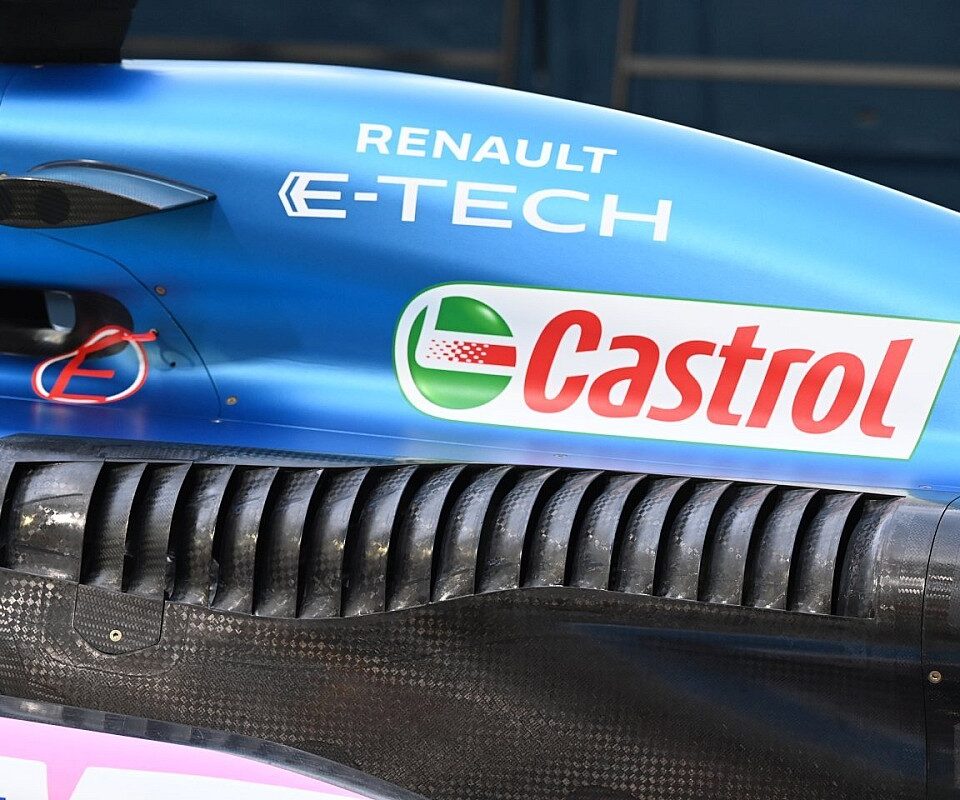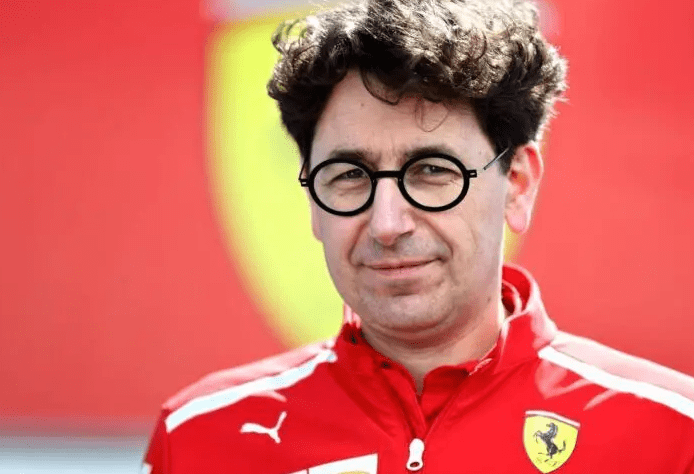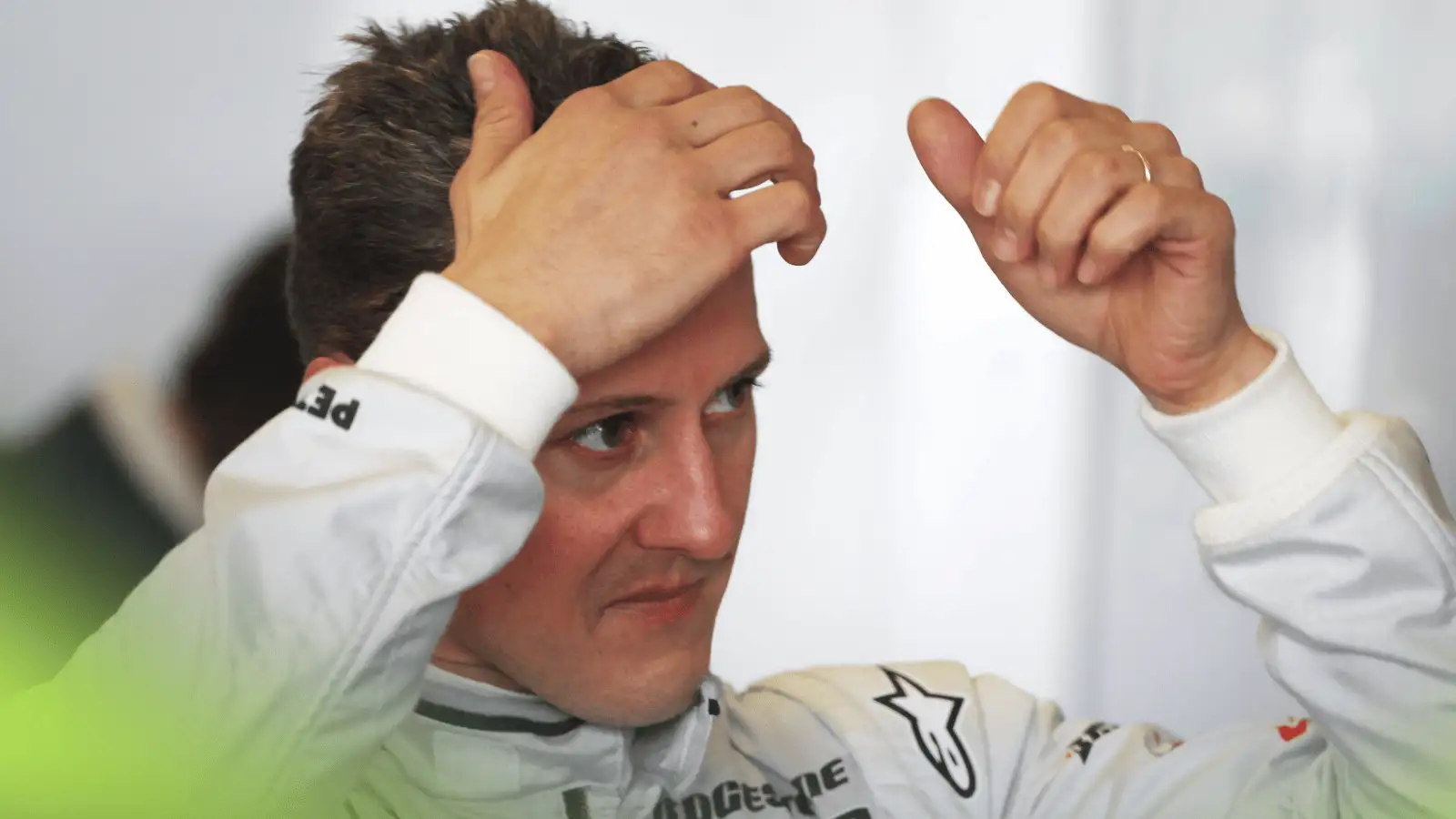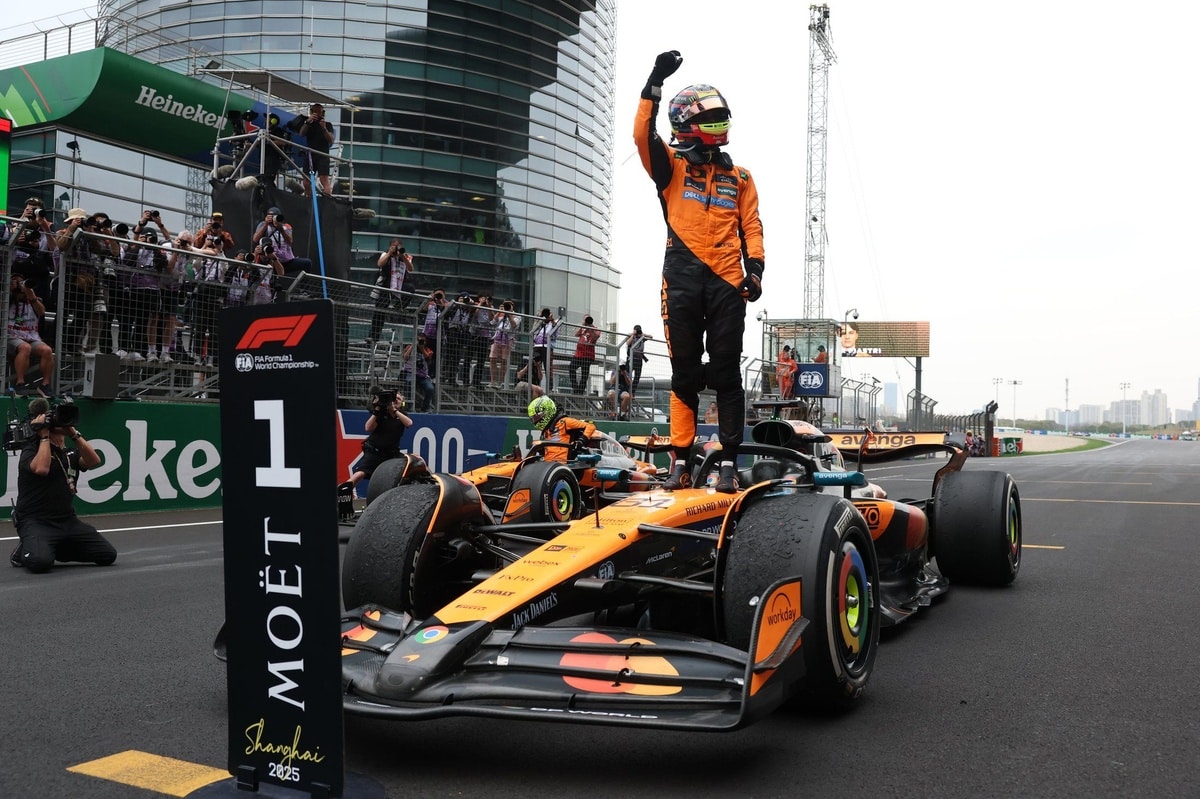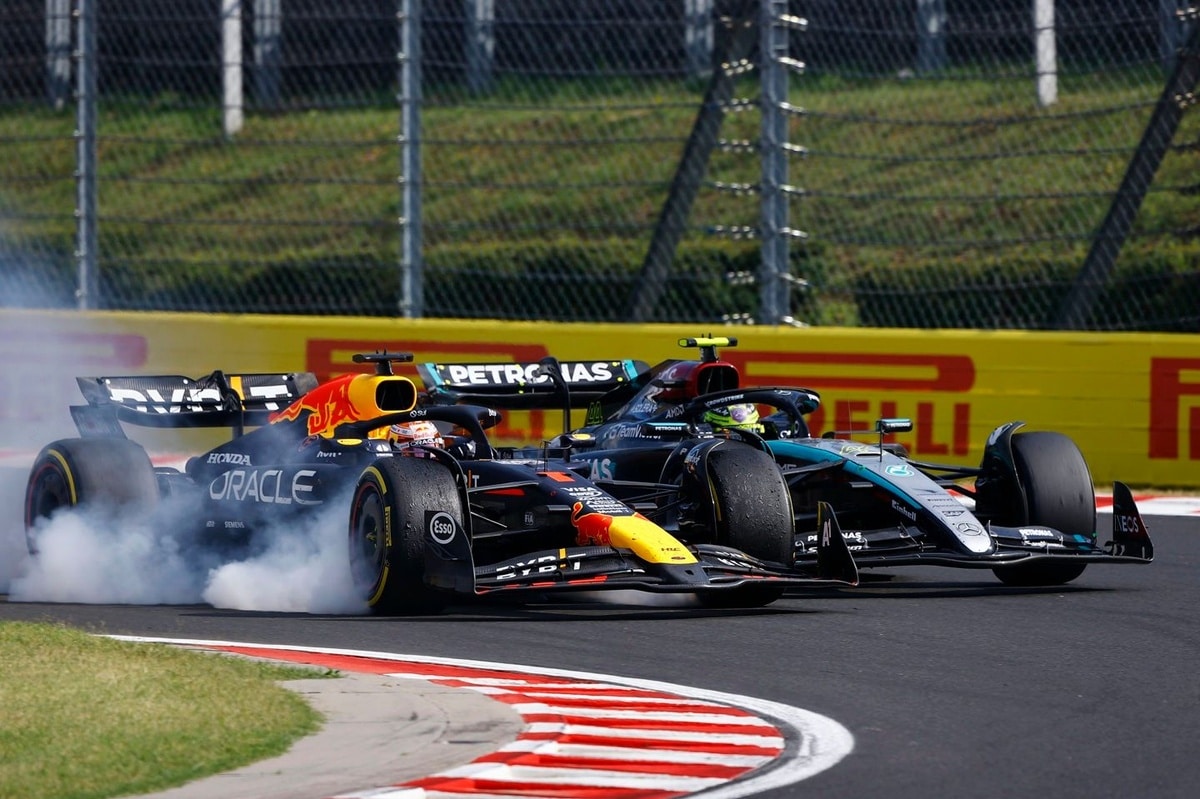Renault is seriously considering shaking things up at its Viry-Chatillon engine facility, potentially stepping away from its Formula 1 power unit project.
Staff at Renault’s French factory, as well as the Enstone facility that operates the Alpine F1 team, have been given a heads-up about this potential change in direction. While nothing is set in stone yet, the aim is to ensure Viry-Chatillon remains a core part of Renault’s sporting and automotive efforts, even if it no longer develops engines for Formula 1.
Renault’s leadership is looking to pivot towards emerging technologies that will keep the company ahead of the curve. This could involve pushing their top engineers at Viry into areas such as hydrogen power and advanced battery technology. Therefore, the future for those currently engaged in the F1 project seems secure, though their focus might be shifting.
The rumors about Renault pulling the brakes on its F1 operation have been swirling for months. Today’s announcement signals the first official step towards making that rumor a reality. Executive Advisor Flavio Briatore, newly brought on board to help Alpine’s F1 team, has been advising Renault’s top brass to become a customer team rather than producing their own engines.
Alpine is reportedly close to sealing a deal with Mercedes for the next rules era starting in 2026. This partnership could mirror Aston Martin’s arrangement with Mercedes, where they get not only engines but also suspension and gearbox components. Insiders hint that some parts of this partnership could kick off as soon as 2025 if everything falls into place.
Ending Renault’s era of F1 engine production would be historic, given its nearly continuous involvement since 1977. Renault has yet to comment on the Viry-Chatillon situation, and team principal Bruno Famin has been tight-lipped, stating during the Spanish Grand Prix, “We just don’t comment on the rumors. We owe a lot of respect to everybody in Viry working on that project, and the worst thing would be to comment on the rumors.”
If Renault does move away from F1 engine production, it will mark the end of an era, but also the beginning of an exciting new chapter in advanced automotive technologies.
